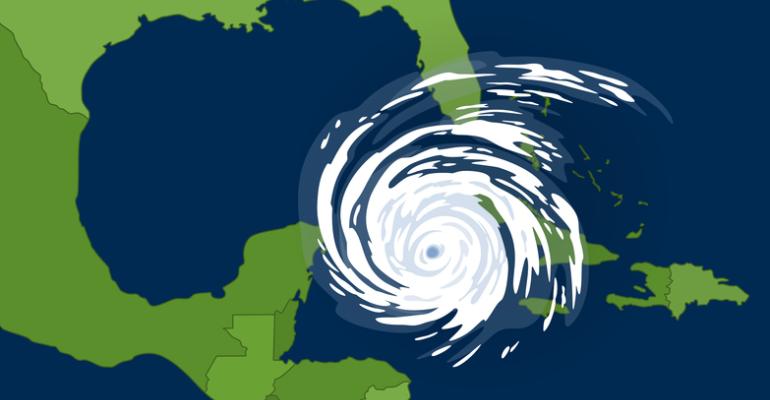Just as the 2024 hurricane season began on June 1, a few meetings-focused hotels in South Florida, both on the Atlantic and Gulf coasts, publicized promotions to the group market featuring especially favorable contract terms for meetings taking place between July and December of 2024 and July and December 2025. The official hurricane season ends on November 1 each year.
Among those hotel promotions were offerings of a three-percent rebate to the master account or a 13-percent commission to a third-party planner; no resort fee in 2024 and 50 percent off the resort fee in 2025; one comp guest room per 35 rooms booked; a 50-percent attrition allowance; and a “flexible cancellation clause.”
While such terms are sure to catch the eye of many planners—and perhaps cause some planners to negotiate harder with properties in the southeastern U.S. or along the wider Gulf Coast for hurricane-season meetings—it is critical that groups conduct risk assessment and contingency planning for these events, including group-communication plans and evacuation plans.
Reinforcing that notion is the fact that the National Hurricane Center forecasters expects the 2024 Atlantic hurricane season to produce an exceptional number of named storms—as many as two dozen—including eight to 13 hurricanes, which have sustained wind speeds of at least 74 miles per hour.
For meetings in the Southeast or along the Gulf Coast that tend to have a high percentage of drive-in attendees, booking a meeting within the region during hurricane season might make sense—a backup property in another part of the region could be secured, while having to cancel the meeting entirely would come with a minimized financial loss on attendee travel.
For those groups with a high percentage of attendees who fly in, however, the risk of high attrition or late cancellation must be weighed against the reward of executing an event that has favorable contract terms and value-added elements.





